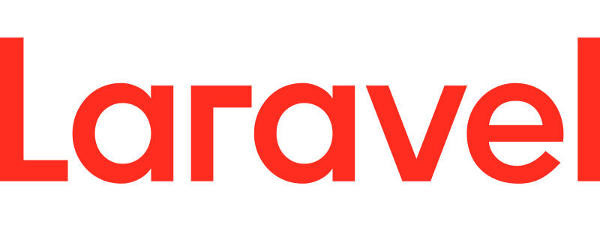Laravelで主キーにUUIDを実装させる方法【laravel-eloquent-uuid】

主キーにUUIDを使用することで、デフォルトの連番で数値型のIDと違って予測されることがない。これはセキュリティ上、重要なことなのでなるべく開発初期段階で実装したい。
実装方法
UUID実装用のライブラリをcomposerからインストール。
composer require goldspecdigital/laravel-eloquent-uuid:^7.0
ユーザーモデルを書き換える。database/migrations/2014_10_12_000000_create_users_table.phpにて、下記のように編集。
<?php
use Illuminate\Database\Migrations\Migration;
use Illuminate\Database\Schema\Blueprint;
use Illuminate\Support\Facades\Schema;
class CreateUsersTable extends Migration
{
/**
* Run the migrations.
*
* @return void
*/
public function up()
{
Schema::create('users', function (Blueprint $table) {
$table->uuid("id")->primary(); // ←uuidに
$table->string('name');
$table->string('email')->unique();
$table->timestamp('email_verified_at')->nullable();
$table->string('password');
$table->rememberToken();
$table->timestamps();
});
}
/**
* Reverse the migrations.
*
* @return void
*/
public function down()
{
Schema::dropIfExists('users');
}
}
次、app/User.phpを編集。
<?php
namespace App;
use Illuminate\Contracts\Auth\MustVerifyEmail;
#use Illuminate\Foundation\Auth\User as Authenticatable;
use GoldSpecDigital\LaravelEloquentUUID\Foundation\Auth\User as Authenticatable;
use Illuminate\Notifications\Notifiable;
class User extends Authenticatable
{
use Notifiable;
/**
* The attributes that are mass assignable.
*
* @var array
*/
protected $fillable = [
'name', 'email', 'password',
];
/**
* The attributes that should be hidden for arrays.
*
* @var array
*/
protected $hidden = [
'password', 'remember_token',
];
/**
* The attributes that should be cast to native types.
*
* @var array
*/
protected $casts = [
'email_verified_at' => 'datetime',
];
}
この状態でマイグレーション実行。既にDBにマイグレーションした場合、DBを削除してから実行する。
php artisan migrate
今後、新しくマイグレーションファイルを作る場合、下記のように記述してUUIDを使用する
<?php
use Illuminate\Database\Migrations\Migration;
use Illuminate\Database\Schema\Blueprint;
use Illuminate\Support\Facades\Schema;
class CreateMemosTable extends Migration
{
public function up()
{
Schema::create('memos', function (Blueprint $table) {
$table->uuid("id")->primary();
$table->string("body");
$table->string("color");
$table->timestamps();
});
}
public function down()
{
Schema::dropIfExists('memos');
}
}
モデルも下記のようにUUID対応のモデルを継承して作るようにする。
<?php
namespace App;
#use Illuminate\Database\Eloquent\Model;
use GoldSpecDigital\LaravelEloquentUUID\Database\Eloquent\Model;
class Memo extends Model
{
protected $fillable = [
"body","color"
];
}
結論
ユーザーモデルにも数値型かつオートインクリメントのIDが指定されているので、UUIDを実装したい場合は、上記手続きを忘れないように実行するべし。
デフォルトの数値型IDでマイグレーションして、ユーザーのデータを追加し、そこからUUIDに切り替えようとするのは大変なので、なるべくプロジェクト開始直後からUUIDの実装を心がけたい。